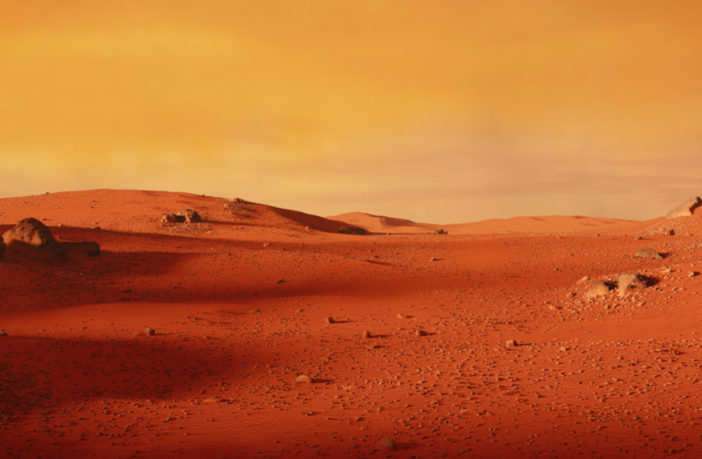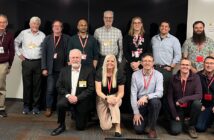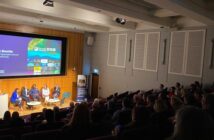A select group of researchers from across the world – including a STEM academic at the OU –will investigate the scientific potential of Mars rock and sediment samples gathered by space explorations.
The Mars Sample Return Campaign Science Group has been established by NASA and ESA (European Space Agency) to bring together 16 researchers who will work as a science resource for the campaign’s project teams as well as for related Earth-based ground projects, such as sample recovery and curation.
The members of the group have been selected from university and research centres across the world. Dr Susanne Schwenzer, Senior Lecturer in Earth Science at the OU, will be concentrating on noble gases and alteration minerals, commented:
“It is a great honour to be part of this very special group, The Perseverance Rover is currently collecting the first set of samples, and bringing them back to Earth will allow an in depth investigation of them in ways that would never be possible on Mars itself.
“This is especially true when we are looking for answers to the question if there is – or ever was – life on Mars. I am very, very much looking forward to contributing all I can to this important program!”
Michael Meyer, Mars Exploration Program lead scientist at NASA Headquarters in Washington comment on the work the group would be undertaking and its importance:
“These 16 individuals will be the standard-bearers for Mars Sample Return science. They will build the roadmap by which science for this historic endeavor is accomplished – including establishing the processes for sample-related decision-making and designing the procedures that will allow the worldwide scientific community to become involved with these first samples from another world.”
The first Mars Sample Return Campaign Science Group meeting is scheduled for June 28-29.
NASA’s Mars Sample Return Campaign promises to revolutionise humanity’s understanding of Mars by bringing scientifically selected samples to Earth for study using the most sophisticated instruments around the world.
Dr Schwenzer added:
“To me, the only way to put this into context is looking at history: If you think back to the NASA Apollo program for a moment. In 1969 three NASA astronauts, Neil Armstrong, Michael Colins and Buzz Aldrin, returned the first samples from the Earth’s Moon. If you consider that those samples, and all that followed with the subsequent Apollo missions between 1969 and 1972, are vitally important for our research to this day, and that they might even be analysed with today’s state of the art technology while you read this sentence, you can begin to understand the magnitude of what returning samples from Mars means.
“These samples will be an unprecedented source of information and new knowledge for many, many generations.”
This would be the first mission to return samples from another planet and the first launch from the surface of another planet. The samples collected by NASA’s Perseverance Mars rover during its exploration of an ancient lakebed are thought to present the best opportunity to reveal clues about the early evolution of Mars, including the potential for past life.
By better understanding the history of Mars, we will improve our understanding of all rocky planets in the solar system, including Earth.



